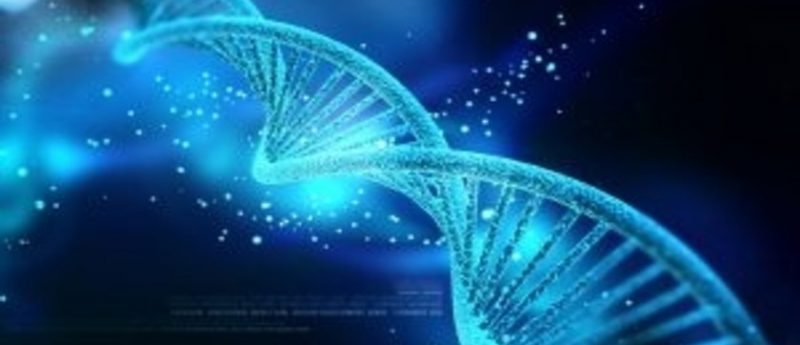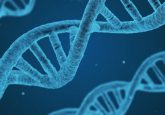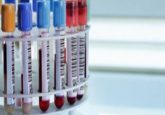PKD1 gene drives precancerous transformation of pancreatic cells

Researchers from the Mayo Clinic campus in Jacksonville (FL, USA) and the University of Oslo (Norway) have demonstrated that PKD1 induces acinar cell shape transformation, shedding light on the underlying pathogenesis of pancreatic cancer. The results appeared recently in Nature Communications.
In the study, the researchers demonstrated that the PKD1 protein was a major factor in both pancreatic cancer progression and metastasis, driving pancreatic acinar cell reprogramming and progression to intraepithelial neoplasia.
The team used 3D models of mice pancreatic cells to examine the effect of PDK1. They then manipulated PKD1 expression by either inhibiting or activating the PKD1 gene. Following stimulation of PKD1 expression, acinar cells exhibited increased transformations into duct-like cells. Alternatively, preventing PDK1 expression led to decreased formation of duct-like cells and lesions.
The findings propose that inhibition of the PKD1 gene and the expression of its protein could cease pancreatic cancer development and possibly reverse cell transformation.
Reports from the American Cancer Society have identified pancreatic cancer as the fourth most common cause of cancer death in the US. Pancreatic cancer still remains one of the most difficult tumors to treat, with one-quarter of patients not surviving longer than 1 year following diagnosis.
Peter Storz, co-lead investigator and researcher at the Mayo Clinic, commented: “We need a new strategy to treat and possibly prevent pancreatic cancer. While these are early days, understanding one of the key drivers in this aggressive cancer is a major step in the right direction.”
He continues: “This is a great model for examining what happens in a signaling pathway – we can see the changes by simply using a microscope. This model tells us that PKD1 is essential for the initial transformation from acinar to duct-like cells, which then can become cancerous. If we can stop that transformation from happening – or perhaps reverse the process once it occurs – we may be able to block or treat cancer development and its spread.”
Given their findings, the team of investigators are currently developing a PKD1 inhibitor that they can test further.
Written by Gemma Westcott
Source: Mayo Clinic press release





